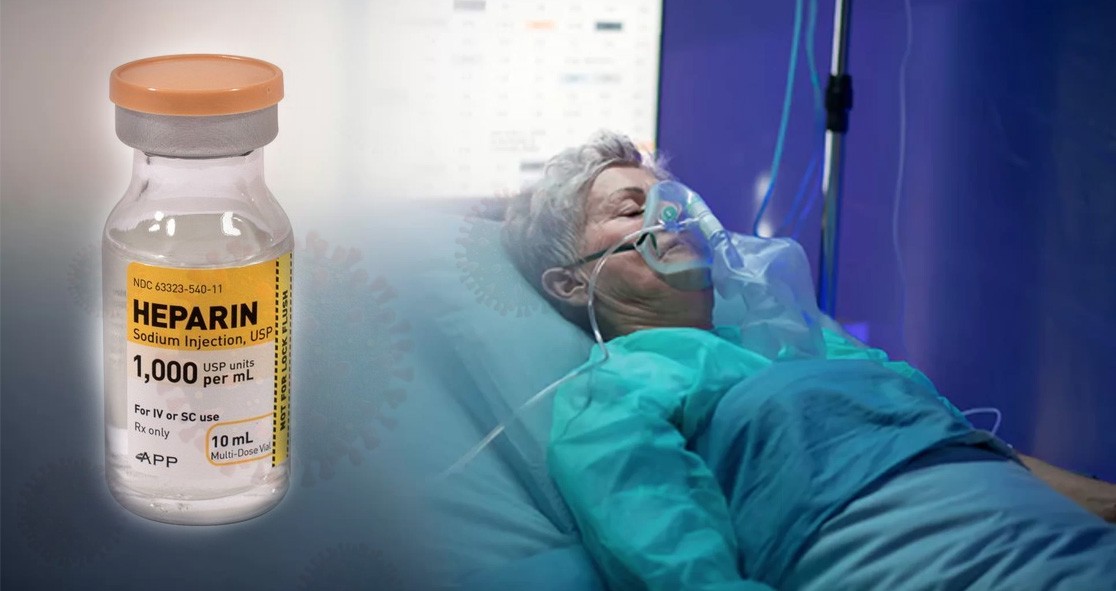Blood clotting issues have been extremely common in COVID-19 patients, resulting in serious complications.
Now, researchers at the Medical University of Vienna have found that a member of the anticoagulant group of drugs has a beneficial effect on the survival of coronavirus patients, according to Science Daily.
The researchers, who published their findings in the journal Cardiovascular Research, also found that the anticoagulant drug influences the duration of active infection with the coronavirus.
In the initial stages of the global pandemic, experts assumed that the coronavirus primarily affected the lungs, but it has been found that the virus affects several organs of the body, and one of them is blood, causing clots.
Patients infected with COVID-19 are at increased risk of developing thrombosis and embolisms, causing strokes, pulmonary embolism, myocardial infarctions, and even deep vein thrombosis (DVT). And the use of anticoagulants has been part of the COVID treatment guidelines since July 2020.
The study’s first author Dr. David Pereyra of the Medical University of Vienna said, “These complications [blood clots] during hospitalization have a direct impact on the well-being of patients and increased the risk of dying from COVID-19.”
Another author of the study, Dr. Alice Assinger, said, “The coagulopathy observed in COVID-19 patients is novel and differs in many respects from previously known coagulation problems.”
“COVID-19-associated coagulopathy displays characteristics that, although partially comparable with other coagulation diseases, cannot be fully explained by them,” she added.
Therefore, the researchers started looking for an explanation for this sub-condition of COVID-19 in the early phase of the pandemic. They observed that COVID-associated coagulopathy occurs almost exclusively in patients requiring intensive care or in patients who die because of COVID-19.
Anticoagulants improve the survival of COVID-19 patients, but they have no effect on immunological processes related to blood coagulation (immunothrombosis), per Science Daily.
However, the researchers found that the period of active infection is restricted in patients who were treated with low-molecular-weight heparin – one of the most commonly used anticoagulants.
Dr. Pereyra said, “In patients who receive this drug, infection time is an average of four days shorter than in patients who are not treated with low-molecular-weight heparin. We were surprised to see that low-molecular-weight heparin may have a direct effect on coronavirus and its infectivity.”
The findings show that heparin can inhibit the ability of the virus to bind to cells, preventing them from being infected.
Dr. Assinger said, “These observations were made in the context of a close collaboration between the three hospitals involved — the Favoriten Hospital in Vienna, the Innsbruck Regional Hospital Innsbruck and the Johannes Kepler University Hospital in Linz — as well as through the active exchange between basic researchers and clinicians.”
The article was published in Science Daily.























